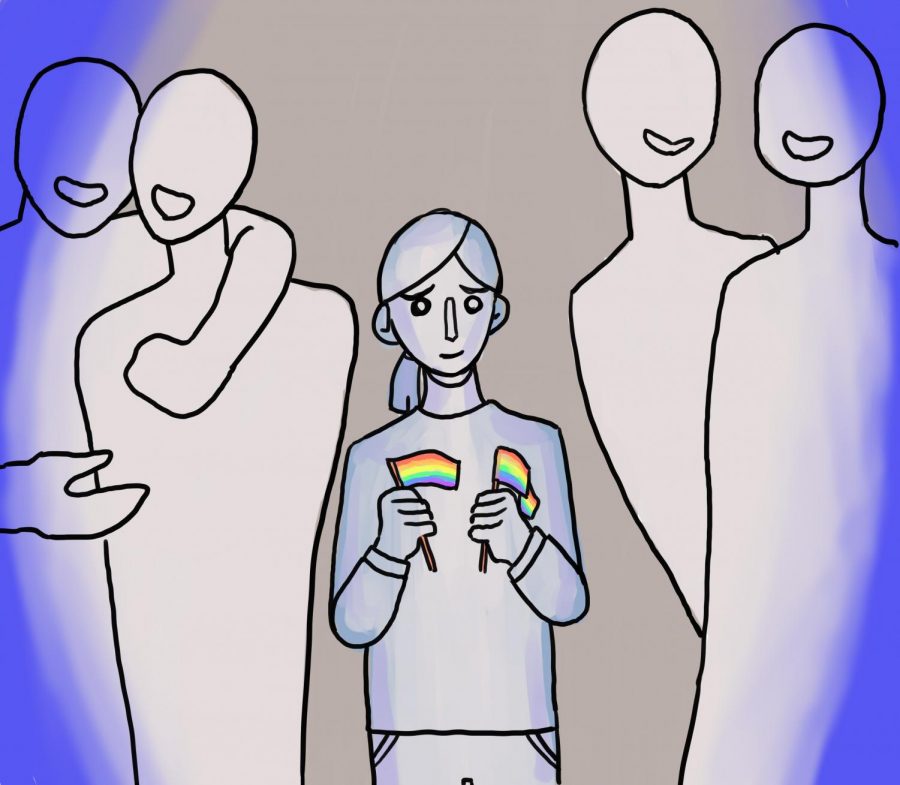OPINION: Greeks need to change the conversation
While making inclusivity statements might be a first step, there needs to be more
It isn’t easy being LGBTQ and in Greek life, therefore steps need to be taken for Greeks to be more mindful about the words they use and how they act to become a better place for all.
February 5, 2020

















